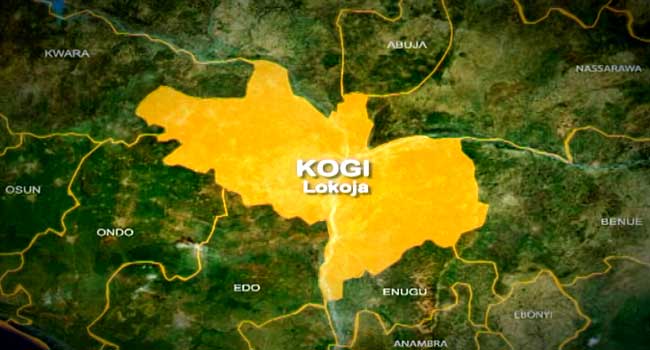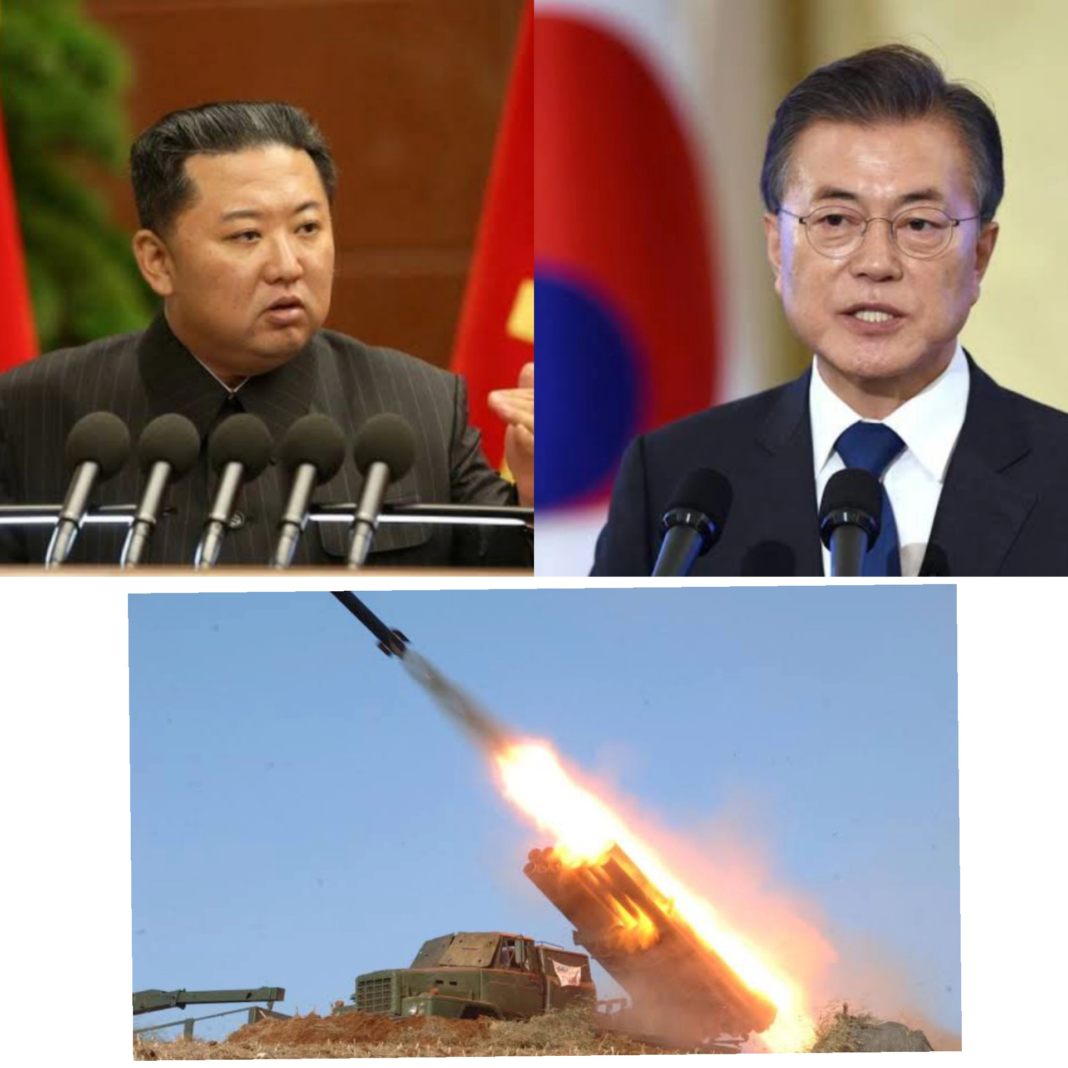Idris Abubakar
Kogi State, located at Nigeria’s confluence of major rivers and highways, has in recent years emerged as one of the most troubled zones in the North-Central region for drug abuse and trafficking. Once merely a transit corridor for narcotics moving between northern and southern Nigeria, the state has now become a major market and consumption hub—particularly among young people. The consequences are stark: rising violence, gender-based abuse, armed robbery, cult clashes, and kidnapping—all threatening the peace and security of communities across the state.
Data from the National Drug Law Enforcement Agency (NDLEA) and security agencies reveal alarming trends. In 2025 alone, more than 25 tonnes of seized drugs were publicly destroyed in Lokoja. Commonly abused substances include cannabis, tramadol, codeine-laced cough syrups, rohypnol (“refnol”), diazepam, and hybrid mixtures such as “Arizona,” “skunk,” and “loud.” Locally brewed cocktails like *monkey tail*—gin mixed with cannabis—are also widely consumed. Drug use is particularly rampant among commercial motorcyclists, drivers, miners, and unemployed youths in towns such as Okene, Obajana, Anyigba, Ankpa, Kabba, and Lokoja. Stimulants like tramadol are often used to boost “courage” before violent acts, while cannabis and codeine mixtures serve as sedatives or coping mechanisms after criminal activity.
Several factors drive this drug crisis. High youth unemployment remains a major cause, pushing many to take drugs as a form of escape or as a means of income through peddling. Kogi’s strategic location and network of highways linking Abuja, Lokoja, Okene, and Onitsha make it a convenient route for traffickers. Rural and mining communities suffer from weak policing and minimal NDLEA presence, creating opportunities for drug dens to thrive. Cultural silence and stigma also prevent open discussions about addiction, while youth cults and criminal groups further entrench drug use during initiations and violent operations.
The widespread use and trade of illicit drugs have intensified insecurity in several ways. Drugs heighten aggression and recklessness, leading to violence and cult clashes. Police data from 2024 recorded an increase in assault and homicide cases linked to drug use, especially among young men aged 18–35 in Lokoja and Anyigba. The forest corridors bordering Edo, Ondo, and Nasarawa States have become operational bases for kidnappers, many of whom confessed to being under the influence of tramadol or cannabis during operations. Proceeds from these crimes often fund further drug purchases, creating a vicious cycle.
Drug abuse has also been linked to rising gender-based violence in communities such as Kabba, Ankpa, and Dekina. Perpetrators often act under the influence of drugs or alcohol, while victims are sometimes coerced with drug-laced drinks. Beyond physical violence, addiction has led to family breakdowns, domestic abuse, and theft from relatives, eroding trust and social cohesion. Public safety is further threatened as commercial drivers and motorcyclists operate while impaired, causing accidents. Reports of vigilante members using drugs before patrols have also raised concerns about accidental shootings and misuse of weapons.
Solving the drug problem in Kogi requires locally driven, coordinated actions that combine enforcement, rehabilitation, education, and empowerment. NDLEA liaison desks should be established in every local government area, and community policing should integrate drug prevention programs. The state government should create at least three zonal rehabilitation and counseling centers across Kogi East, Central, and West, in partnership with faith-based groups and NGOs. Transport unions and mining cooperatives can collaborate with NDLEA to organize awareness campaigns and periodic drug tests for their members.
Traditional and religious leaders should be engaged to identify early signs of addiction and promote prevention through community education and local-language radio programs. Addressing youth unemployment is critical—rehabilitated youths should be connected to government empowerment schemes and vocational centers to prevent relapse. Security agencies should also strengthen surveillance across forest corridors, particularly between Kabba-Bunu, Okene, and Okehi, which serve as drug and kidnapping routes.
Special attention should be given to women and girls affected by drug-related violence. Safe spaces should be established in local government areas for victims to access counseling, legal aid, and medical support. Women’s groups can help monitor areas where young girls are being exploited through substance abuse. Schools should serve as early prevention hubs, integrating drug education into the curriculum and creating peer educator clubs to encourage open discussion.
The growing menace of illicit drug use in Kogi State is not merely a health issue but a major threat to peace and security. The direct links between drug abuse, violent crime, kidnapping, and gender-based violence cannot be ignored. While NDLEA’s seizures and arrests are commendable, enforcement alone will not bring lasting peace. A people-centered strategy that combines security efforts with youth employment, rehabilitation, and community engagement is essential. Government must provide structure and resources, security agencies must enhance coordination and intelligence, and communities must break the silence that allows drug abuse to thrive. If these steps are taken, Kogi State can begin to restore peace, protect its youth, and rebuild safer and stronger communities.





